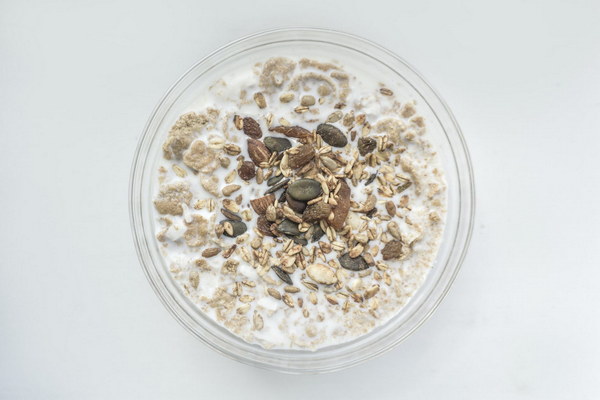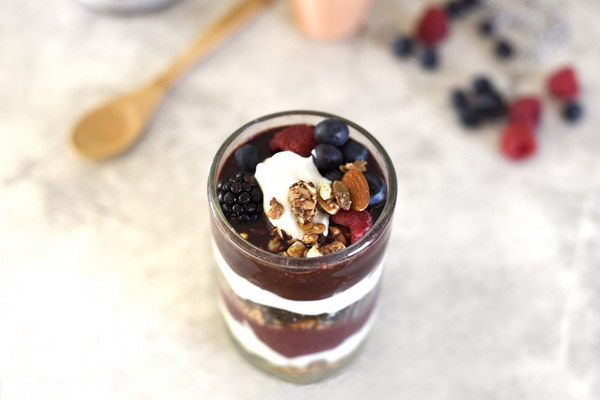Winter Nourishment A Guide to Rejuvenating Your Skin
As the temperatures drop and the world around us becomes enveloped in a frosty embrace, our skin often takes a beating. The cold, dry air can strip our skin of its natural moisture, leaving it dull, dehydrated, and susceptible to irritation. But fear not! This article is your comprehensive guide to winter skin nourishment, providing you with expert tips and practical strategies to keep your skin glowing even during the coldest months.
1. Hydration is Key
The first and foremost rule of winter skincare is hydration. Cold air is drier than warm air, which means it has less moisture. To combat this, make sure you're drinking plenty of water throughout the day. Aim for at least eight glasses, and consider using a humidifier in your home or office to add moisture to the air.

2. Invest in a Rich Moisturizer
Switch from your lightweight summer moisturizer to a heavier, more emollient formula designed for winter. Look for ingredients like hyaluronic acid, glycerin, and dimethicone, which help to lock in moisture and protect your skin from the harsh elements.
3. Protect with a Barrier Cream
In addition to your moisturizer, apply a barrier cream before heading outside. These creams are thicker and form a protective layer over your skin, preventing moisture loss and wind damage. Look for barrier creams that contain ingredients like dimethicone, petrolatum, or squalane.
4. Exfoliate Regularly
Dead skin cells can accumulate on the surface of your skin during the winter, making it look dull and rough. Exfoliate once or twice a week with a gentle scrub or a chemical exfoliant containing alpha-hydroxy acids (AHAs) or beta-hydroxy acids (BHAs). This will help to remove these cells and reveal brighter, smoother skin underneath.
5. Use a Night Cream
Your skin repairs itself while you sleep, so it's crucial to use a nourishing night cream. Look for formulas that contain ingredients like vitamin E, peptides, and antioxidants, which can help to repair and rejuvenate your skin while you rest.
6. Wear Sunscreen Year-Round
Even though the sun may not be as strong during the winter, it's still important to protect your skin with sunscreen. UVA rays can penetrate through clouds and glass, and they are responsible for premature aging and skin cancer. Use a broad-spectrum sunscreen with an SPF of at least 30.
7. Keep Your Hands Warm and Moisturized
Cold weather can make your hands dry and chapped. Keep them warm with gloves and apply a thick moisturizer, like hand cream or coconut oil, to help retain moisture. If your hands are extremely dry, you might consider using a night-time hand cream or even a hand mask to deeply hydrate the skin.
8. Stay Informed About Ingredients
Be aware of ingredients in your skincare products that can exacerbate dryness or irritation. Avoid alcohol, fragrance, and artificial dyes, which can strip your skin of moisture and cause redness.
9. Incorporate Humectants and Oils
Humectants like glycerin and hyaluronic acid draw moisture from the environment into your skin. Incorporate these into your skincare routine to help combat the dry winter air. Oils, such as jojoba, argan, or rosehip oil, can also help to nourish and protect your skin.
10. Enjoy a Warm Bath or Shower with Care
While a warm bath or shower can feel incredibly soothing on a cold day, the hot water can strip your skin of its natural oils. Limit your baths and showers to 10-15 minutes, and use lukewarm water instead of hot. Afterward, pat your skin dry gently to preserve as much moisture as possible.
By following these tips, you can ensure that your skin stays healthy, hydrated, and radiant throughout the winter months. Remember, skincare is a daily ritual, and taking care of your skin all year round will pay off with a complexion that glows even in the depths of winter.









